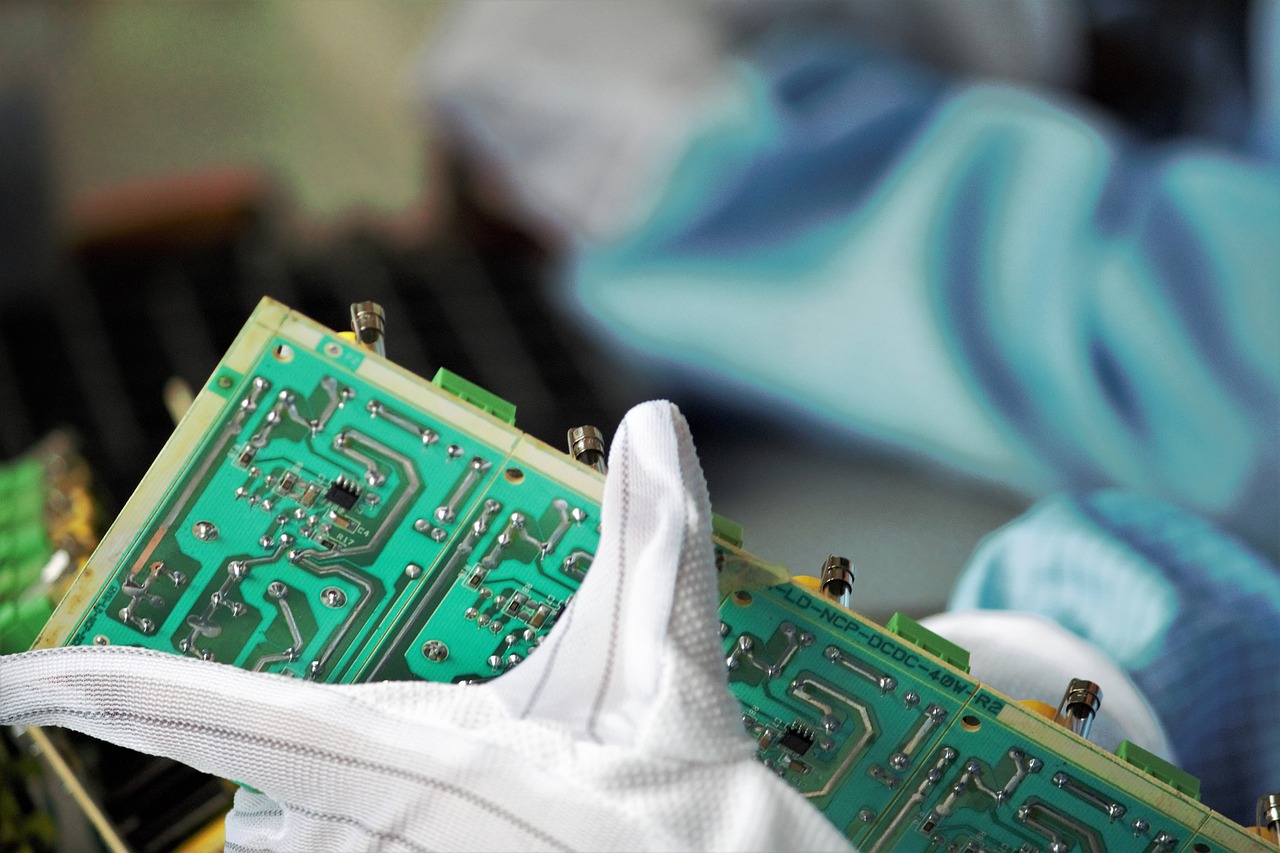Project in Luxembourg: Who will be the urban farmer of the Kuebebierg?
Posted
Project in LuxembourgWho will be the Kuebebierg’s urban farmer?
LUXEMBOURG – The Kirchberg Fund is looking for an operator for the urban farm of the future Kuebebierg eco-district.
“Looking for an urban farm operator in the future Kuebebierg district”. The ad stands out for its originality. Issued on December 19 by the Kirchberg Fund, it comes to an end this Friday. Without further details, Martine Hemmer, head of the Fund’s communication department, is part of “a lot of interest” for this announcement. “There are certainly not 100 applications, but the feedback is positive”. And above all, insists the communication officer, “we have received very varied profiles, coming from different sectors: this ranges from the rather traditional farmer to young independent market gardeners”.
The urban farm in the future Kuebebierg district, backing onto Kirchberg, will have an area of approximately five hectares. “The start of operation is scheduled for mid-2024”, says Martine Hemmer, while the new eco-district itself will welcome, from 2028/2029, 7,000 inhabitants in 3,127 dwellings scattered over 33 hectares. All in a healthy and eco-responsible living environment, with resource recovery and maximization of renewable energies.

And who says urban farm, says “particularity in terms of its location”, explains the communicator from the Kirchberg Fund. “This is part of the government’s national Urban Farming or urban agriculture strategy, which aims to divert food products in the same cities,” continues Martine Hemmer. “The ultimate goal is the circular economy: we produce where we consume”. With this in mind, the future urban farm will of course play a central and multifunctional role. “That’s why the profile sought is more management, with multiple tasks to fulfill”, intervenes Martine Hemmer. The lucky winner will not be a “simple farmer”, quite the contrary.
And the representative of the Kirchberg Fund detailed the various functions to be fulfilled: “There is of course food production (arboriculture, market gardening, etc.), with an orchard, micro-breeding (chickens, rabbits), but also the service of maintenance of green spaces in the neighborhood”. And, last but not least, “the farm will also have an educational and entertainment role. This, within the framework of awareness-raising actions on food production, ecology, preservation of the landscape heritage, with the aim of anchoring the site’s past in urban development”.
In short, the lucky winner, whose project will be analyzed for the first time before a more extensive hearing, “but it will go fairly quickly”, will have his work cut out for him. Or when an ancestral profession is brought up to date in the 21st century. The first farmer of the future will be born…





